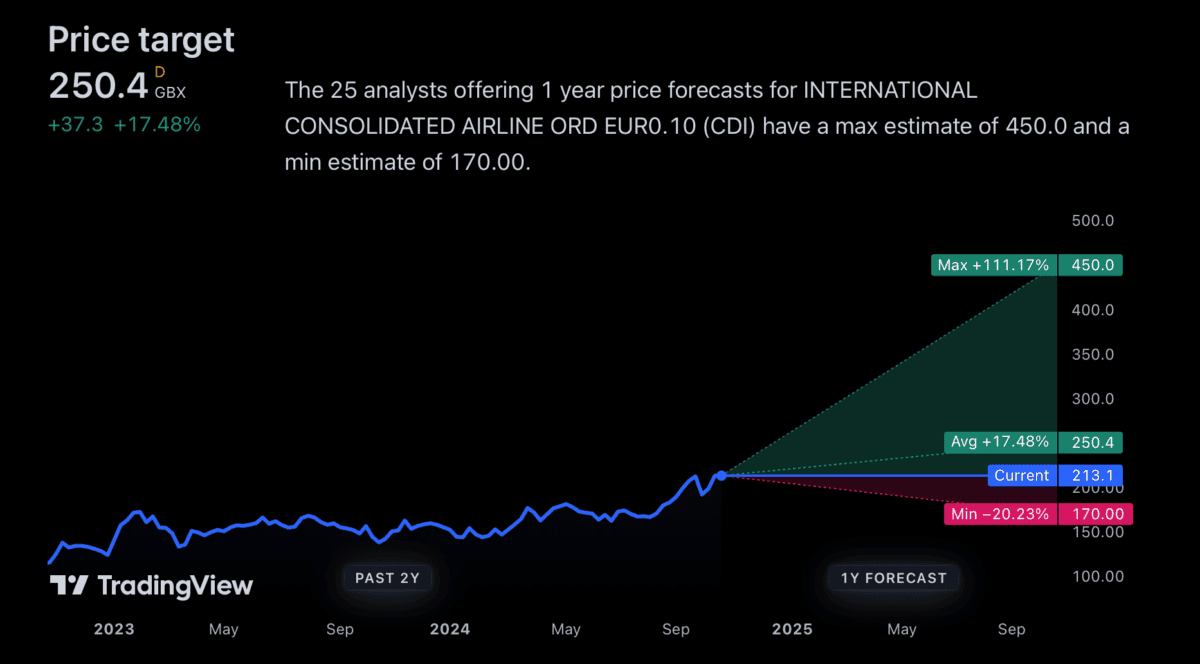
Canada’s Immigration Policies Shift: A Nation's Changing Sentiment
For many years, Canada has proudly positioned itself as a welcoming haven for immigrants, embracing newcomers and promoting multiculturalism as a core aspect of its national identity. The country’s immigration policies have historically aimed at bolstering the population, filling critical labor shortages, and providing refuge for those fleeing conflict and persecution. However, a recent turn in public sentiment has prompted Prime Minister Justin Trudeau to reconsider these policies, leading to significant cuts in immigration numbers, which could reshape the country’s demographic landscape.
In a marked shift from his earlier stance, Trudeau has announced plans to reduce the number of permanent residents accepted into Canada by 21% in 2025. This decision arises from growing public discontent surrounding high costs of living, an overwhelming housing crisis, and concerns about the accessibility of social services. The Prime Minister's admission that his government miscalculated the impact of admitting a record number of temporary residents following the COVID-19 pandemic has fueled this change. As the government seeks to "stabilize" population growth, the implications for Canada's long-standing pro-immigration ethos are profound.
Also Read:- Controversy Erupts Over Tony Hinchcliffe's Comments on Puerto Rico at Trump Rally
- Hulu's "Rivals": A Deliciously Scandalous Dive into 1980s British High Society
Recent polling data reveals a stark change in Canadian attitudes towards immigration. A survey conducted by the Environics Institute found that, for the first time in 25 years, a majority of Canadians—58%—believe that the country is accepting too many immigrants. This represents a significant rise in concern, driven largely by the challenges surrounding housing shortages and the perception that the immigration system is being overwhelmed. Interestingly, while the overall perception of immigration has soured, nearly 68% of respondents still acknowledge its positive economic contributions.
Public discourse has shifted as well, with increasing numbers of Canadians expressing doubts about the integrity of the immigration system. There are widespread concerns that some individuals misrepresent themselves as refugees, and many believe that newcomers are not integrating into Canadian society as they should. Trudeau's government, feeling the weight of these changing sentiments and declining approval ratings, is now faced with the challenge of restoring public confidence in its immigration policies.
The recent announcements and policy revisions reflect a broader trend in Canadian politics, where immigration has become a contentious issue. The impact of this shift is already visible across party lines, with Conservative supporters overwhelmingly favoring reduced immigration numbers. The Liberal Party and NDP have also seen significant portions of their bases express similar concerns, indicating a potential seismic shift in Canadian political dynamics.
As Canada navigates this complex landscape, the future of its immigration policy hangs in the balance. While Trudeau aims to present a narrative of control and stability, many Canadians are grappling with the realities of a changing country. The commitment to immigration has long been viewed as a pillar of Canada’s identity, but as public sentiment continues to evolve, it raises critical questions about the nation’s values and priorities moving forward. The upcoming years may not only redefine Canada’s immigration strategy but also its essence as a multicultural society.
Read More:

0 Comments